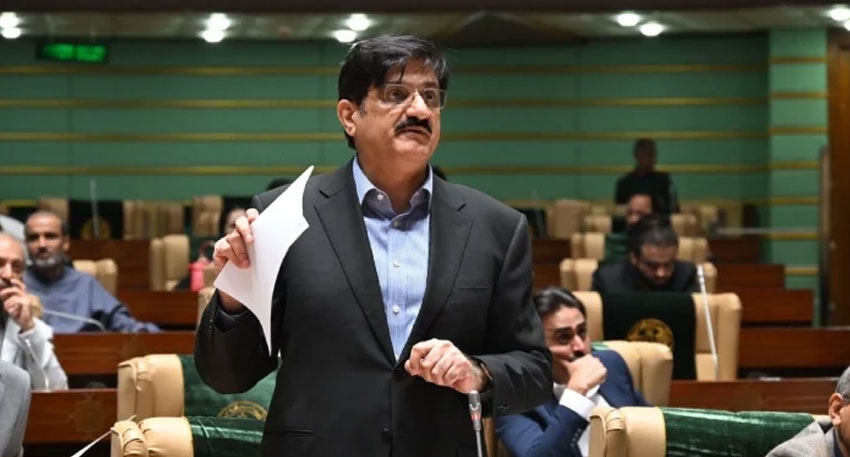
Advisor to the Federal Finance Minister, Khurram Schehzad, said the government is vigorously working on digitizing the economy and promoting cashless transactions across the country. Speaking at the 5th Pakistan Future of Retail Business Summit and Expo 2025, he said that all government-to-person (G2P) payments will be digitized by the end of fiscal year 2025-26.
The event, held under the theme “Retail in Changing World: Call on building resilience in Pakistan’s commerce”, was attended by representatives of banks, FMCGs, shopping malls, and leading business and e-commerce companies.
In a session titled “Economic Reforms: The road ahead for Pakistan’s retail and E-commerce”, Schehzad outlined key government measures for promoting a cashless economy. He said the retail sector is a backbone of the national economy, contributing significantly to GDP.
He termed Pakistan’s consumption-driven economy a blessing, noting that higher spending fuels greater production. He emphasized that this growing trend of consumption must be supported through comprehensive reforms and sustainable policies.
Highlighting recent economic improvements, Schehzad said inflation had fallen to 5% from a record high of over 35% in the past two years. The decline, he said, came through reduced energy costs, lower interest rates, and a mix of monetary, fiscal, and administrative measures.
He added that the federal government is pursuing taxation and structural reforms to address core issues in the economy. The government had also announced major incentives in June 2025 to promote digital payments and financial inclusion, with the Prime Minister personally leading the reform agenda.
Read more: China set to invest in Pakistan’s railway sector
According to Schehzad, the cashless economy will revolve around three pillars — conversion, inclusion, and adoption. He said that all government business has already moved to digital platforms under the e-office system, and now the focus is on digitizing all government-to-person and person-to-government transactions by fiscal year 2025-26.
After the government’s own digitization, Schehzad said the next phase would be the conversion of general business activities, especially retail trade, from manual to digital systems.
He also discussed structural reforms, saying that practical steps have been taken to separate tax policy from tax collection. “Tax policy should not be revenue-based but value-based,” he said. The Finance Ministry will now oversee tax policy formulation, with experts from different sectors working together to create a progressive taxation framework.
The organizers of the summit — Hamza Waseem Hashmi, Rana Tariq Mehboob, Asfandyar Farrukh, and others — said the event aims to strengthen coordination and knowledge-sharing among retail stakeholders and build future capacity in Pakistan’s commerce sector.
Pakistan’s move toward full payment digitization marks a major shift toward financial modernization. If implemented effectively, it could improve transparency, reduce corruption, and expand economic access for millions. However, experts note that infrastructure, cybersecurity, and user awareness remain key challenges to the success of this digital transformation.




